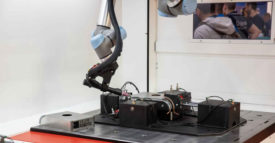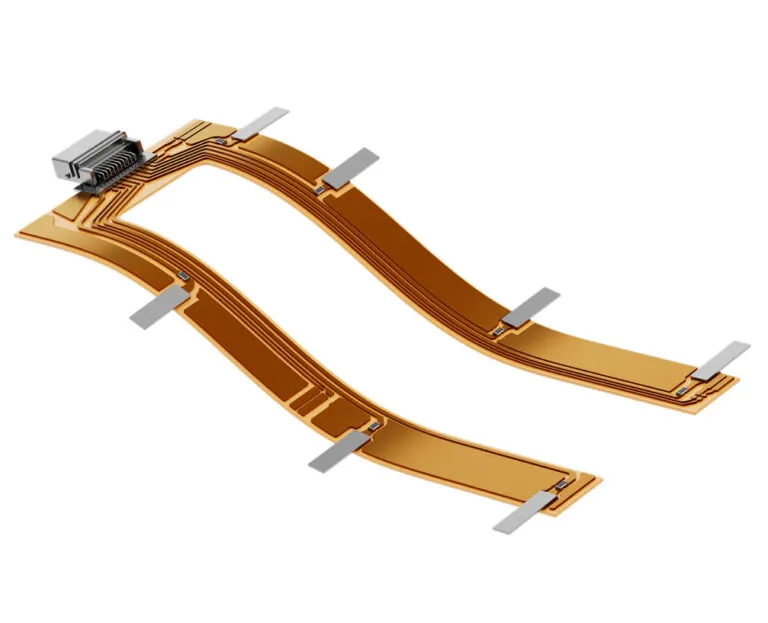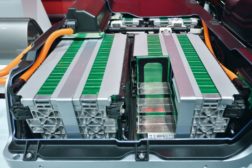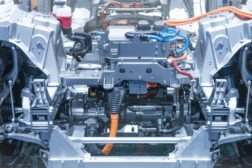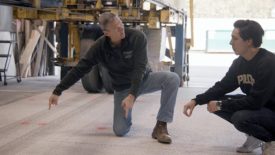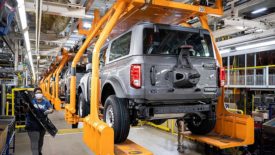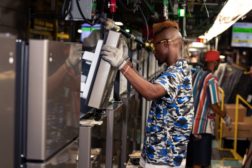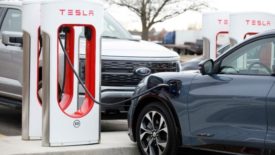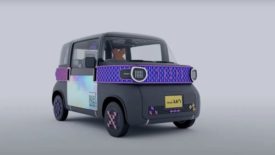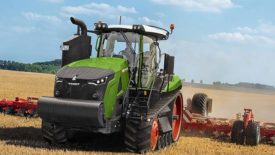Articles by Austin Weber
Assembly Plants of the Year: Looking Back, Moving Forward
Update Report: 2012 and 2018 Assembly Plant of the Year - Ford Motor Co.
March 27, 2024
Assembly Plants of the Year: Looking Back, Moving Forward
Update Report: 2019 Assembly Plant of the Year — GE Appliances
March 21, 2024
Assembly Plants of the Year: Looking Back, Moving Forward
Update Report: 2017 Assembly Plant of the Year - AGCO Corp.
March 20, 2024
Never miss the latest news and trends driving the manufacturing industry
Stay in the know on the latest assembly trends.
JOIN TODAY!Copyright ©2024. All Rights Reserved BNP Media.
Design, CMS, Hosting & Web Development :: ePublishing
